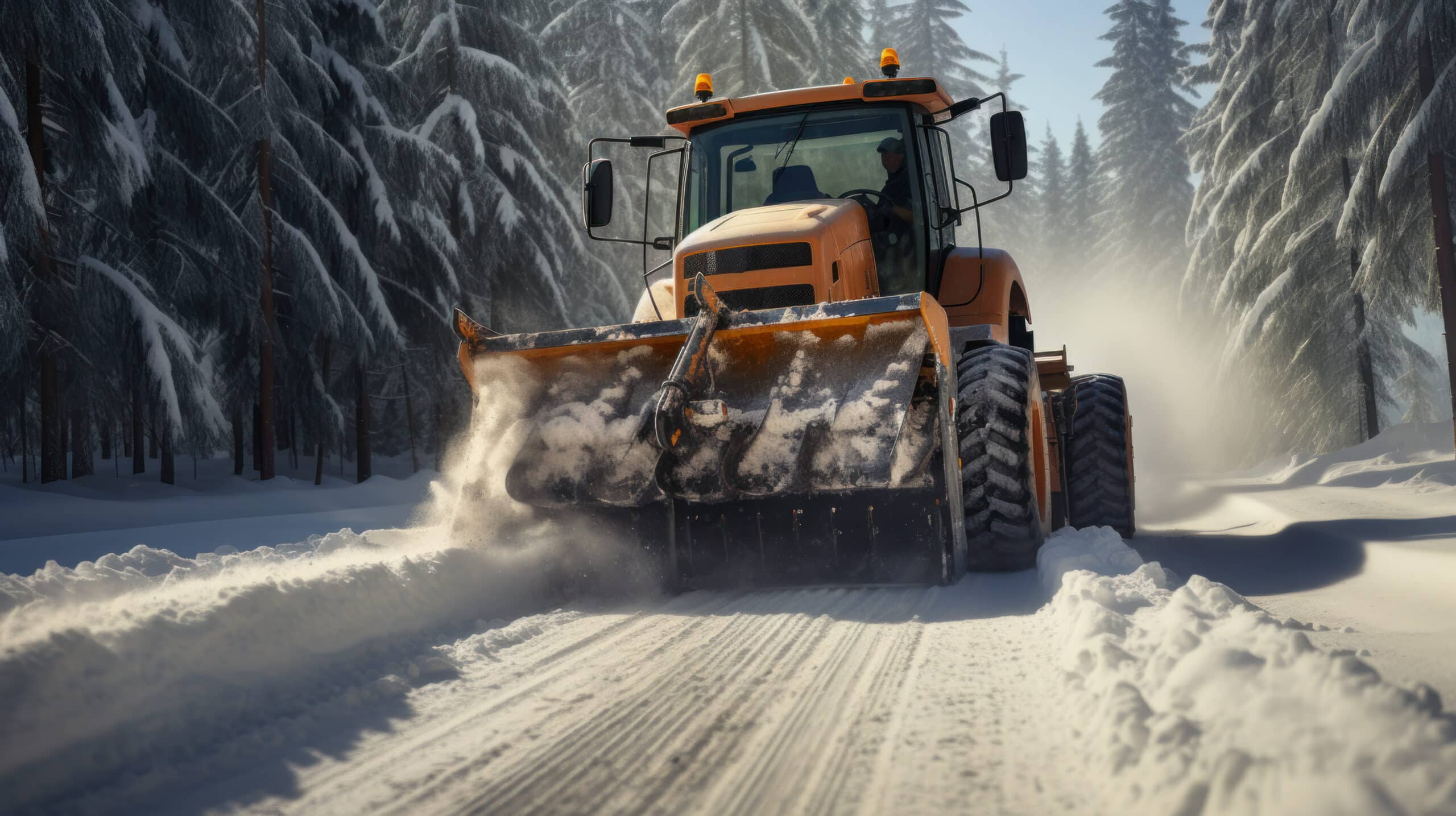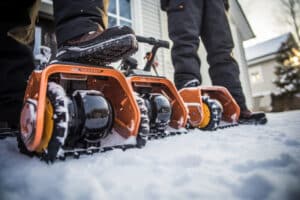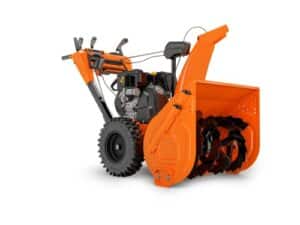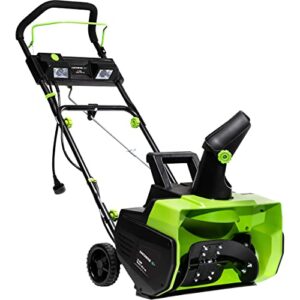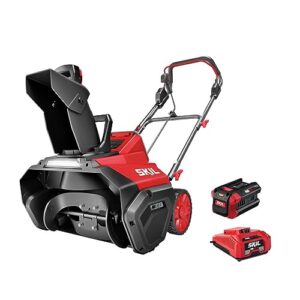What is the Weight Range for Snow Blowers?
Key Takeaways
- The average weight of a snow blower ranges from around 100 pounds to 300 pounds, but can vary significantly.
- Single-stage snow blowers are the lightest, typically weighing between 80 to 100 pounds.
- Electric snow blowers are generally smaller and lighter than gas snow blowers, weighing between 30 to 100 pounds.
When it comes to snow blowers, one common question that often arises is about their weight range. Knowing the weight of a snow blower is essential, especially if you need to transport or maneuver it around your property. In this article, we will explore the weight range of snow blowers, providing you with valuable information to help you make an informed decision. Let’s dive in!
The Average Weight of Snow Blowers
According to our research, the average weight of a snow blower falls within a specific range. While there are variations depending on the model, brand, and features, the average weight typically ranges from around 100 pounds to 300 pounds. However, it’s important to note that this range can vary significantly.
For a more precise understanding of snow blower weights, we can refer to several sources. One source, Skilled Homeowner, states that the average weight of a snow blower is 203 pounds (92.08 kilograms). This provides a good baseline to work with, but it’s important to remember that individual models may be lighter or heavier than this average.
Different Types of Snow Blowers
Snow blowers come in various types, including single-stage, two-stage, and three-stage models. Each type has its own unique features and capabilities, which can also affect their weight. Let’s take a closer look at each type:
1. Single-Stage Snow Blowers
Single-stage snow blowers are the lightest type, typically weighing between 80 to 100 pounds. These compact machines are designed for light snowfall and are often equipped with electric motors. They are easy to maneuver and store, making them an ideal choice for small driveways and sidewalks.
2. Two-Stage Snow Blowers
Two-stage snow blowers are more powerful and versatile than single-stage models. They have an auger that collects the snow and a separate impeller that throws it out of the chute. Two-stage snow blowers can handle heavier snowfalls and typically weigh between 150 to 250 pounds. These machines are often powered by gas engines, providing more power and clearing capacity.
3. Three-Stage Snow Blowers
Three-stage snow blowers are the most heavy-duty and powerful option. They have an additional accelerator that helps break up ice and heavy snow, making them highly efficient. Due to their larger size and additional features, three-stage snow blowers can weigh between 250 to 400 pounds.
Electric vs. Gas Snow Blowers
When comparing snow blowers, another factor to consider is the power source. Snow blowers can either be electric or gas-powered. Let’s see how the weight of these two types compares:
According to Anest With a Yard, electric snow blowers are generally smaller and lighter than gas snow blowers. Their compact size and lighter weight make them easier to handle and maneuver. Electric snow blowers typically weigh between 30 to 100 pounds, depending on the model and features.
On the other hand, gas snow blowers are typically heavier due to their larger engines and additional components. Gas snow blowers can weigh anywhere from 100 to 400 pounds, with the average falling within the range of 150 to 300 pounds.
Conclusion
In conclusion, the weight range for snow blowers can vary depending on the type, model, and power source. The average weight falls between 100 to 300 pounds, but individual models may be lighter or heavier. Single-stage snow blowers are the lightest, while three-stage snow blowers are the heaviest. Electric snow blowers are generally lighter than gas-powered ones.
Remember, when choosing a snow blower, it’s important to consider your specific needs, the size of your property, and the average snowfall in your area. By understanding the weight range and different types of snow blowers, you can make an informed decision that suits your requirements.
Related Websites:
FAQs:
Q: What is the importance of snow blower weight?
Snow blower weight is important because it affects performance and maneuverability. A lighter snow blower may be easier to maneuver, while a heavier one may offer more power and stability.
Q: What factors affect the weight of snow blowers?
Several factors can influence the weight of snow blowers, including the size of the engine, the type of construction materials used, and the presence of additional features such as electric starters or snow clearing accessories.
Q: What are the benefits of lighter snow blowers?
Lighter snow blowers are usually easier to maneuver and require less physical effort. They are ideal for smaller areas or users who may have difficulty handling heavier equipment.
Q: What are the advantages of heavier snow blowers?
Heavier snow blowers often have more power and stability, making them suitable for heavy snowfall or larger areas. They can handle tougher snow conditions and are more durable in the long run.
Q: What is the recommended weight range for snow blowers?
The ideal weight range for snow blowers depends on your specific snow clearing needs. Consider factors like the amount of snowfall, the size of the area to be cleared, and your physical capabilities. It is recommended to choose a snow blower within the weight range that balances power and maneuverability.

